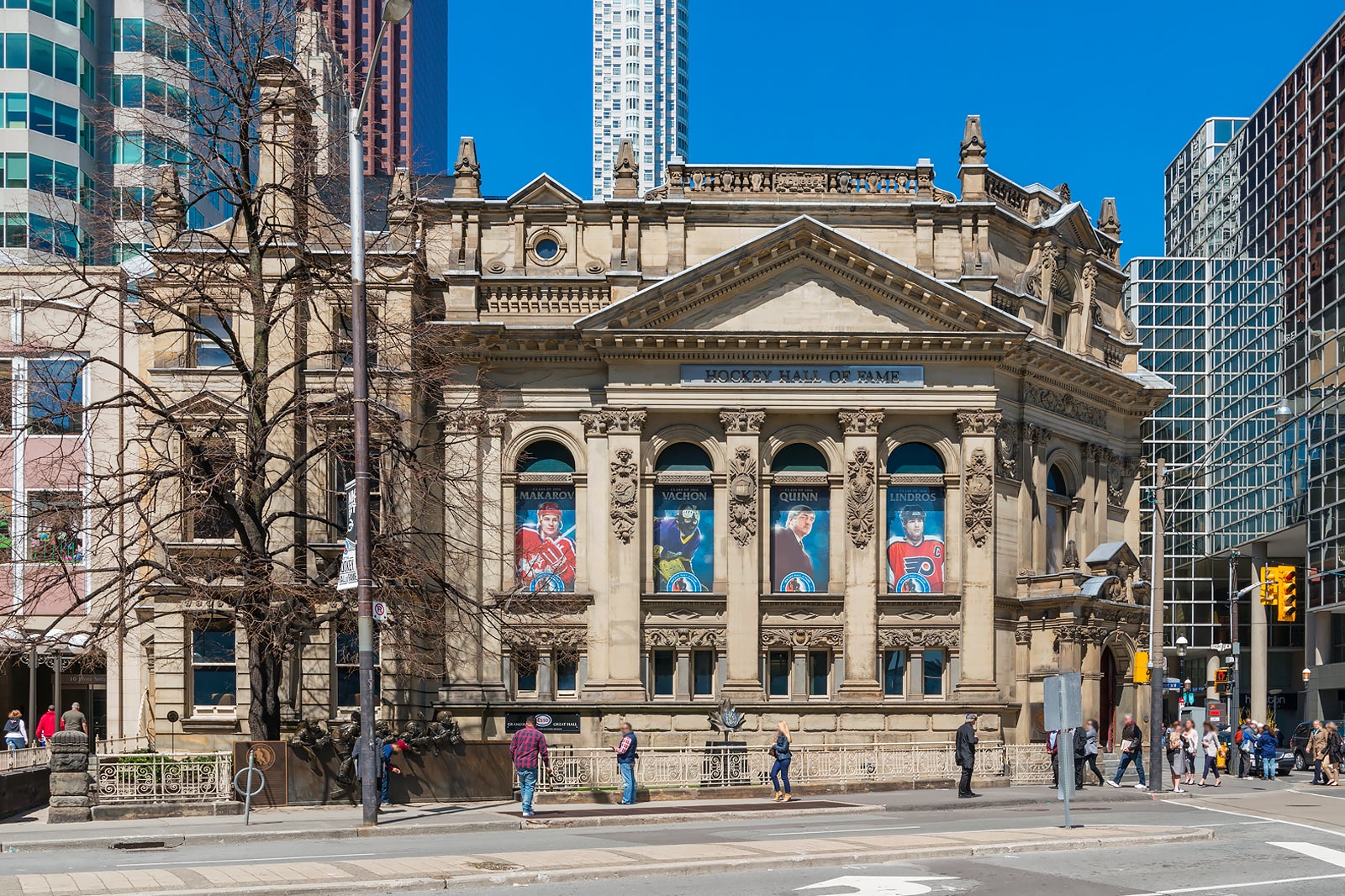Overview
Conference Registration will open be open from April 8 — June 15, 2022
Join us for an opportunity to network with your fellow peers, stay informed about the industry and share ideas that create lasting impact.
We want to grow a critical mass engaged in engineering and science education as well as leadership that is committed to reimaging engineers and scientists of tomorrow.
Our Theme
Transforming Learners to Transform Our World is the theme for the CEEA Conference held at the Lassonde School of Engineering in 2022. Our goal throughout the CEEA conference is to create a culture that hums with curiosity, welcomes ambiguity and is always hungry for learning. We embrace taking risks and making change and through the CEEA conference want to grow a critical mass engaged in engineering and science education and leadership that is committed to reimaging engineers and scientists of tomorrow – ‘Our Learners’.
Why This Matters
Our Learners will play a crucial role in shaping the future and have a greater responsibility to address the United Nation’s 17 Sustainable Development Goals (SDGs) and thereby tackle the world’s ‘Wicked’ problems. How do we ensure that we can engage our Learners to solve relevant, complex and socially impacted problems? How do we bring together people who are not afraid to push, bend, twist and break apart the boundaries of traditional engineering practice? Through a collaboratorium focused conference program, we want to co-create new models for Transforming Learners to Transform Our World. Our proposed theme and program for the conference will focus on imagining an engineer that cannot yet be imagined, to meet the problems of tomorrow that are yet to be conceived.
Important Dates:
-
- Submissions open [closed]: November 8, 2021
- Extended abstracts due [closed]: January 10, 2022
- Workshop Proposals due [closed]: February 4, 2022
- Notification of acceptance to conference [closed]: February 19, 2022
- Deadline for papers for full peer review [closed]
March 1, 2022March 25, 2022 - Feedback from Peer Review:
March 16, 2022April 15, 2022 - Final papers with revisions due:
April 6, 2022April 29, 2022 - CEEA-ACEG IET and IEER full-day workshops: June 18, 2022
- CEEA-ACEG workshops: June 19, 2022
- CEEA-ACEG Annual Conference: June 20 — June 22, 2022
Live program link: coming soon
Registration
Conference Registration fees (do not include 13%HST):
Early-Bird Rates for CEEA-ACÉG Members – valid until May 15:
- Professional Early-Bird – $600
- Student Early-Bird – $225
Regular Conference Registration Options – valid May 16 – June 15:
- Professional – $700
- Student- $250
- Non-Presenting Undergraduate Student – $100
- Only Online participation (Key note and some technical sessions will be live stream, with opportunity for online participants to ask questions via chat. Technical sessions which are not live streamed will be video captured for access after the conference.) – $200
Conference Registration Add-Ons:
- (Saturday) K – 12 Educator Workshop – $150
- (Saturday) IEER Workshop
- Professional – $225
- Student – $50
- (Saturday) IET Workshop
- Professional – $225
- Student $50
- (Sunday) Conference Workshops – $100
- Extra Reception Ticket – $80
- Extra Banquet Ticket – $100
Workshop and ONE DAY Registration Fees:
- (Saturday) K – 12 Educator Workshop – $150
- (Saturday) IEER Workshop
- CEEA-ACÉG Member – $225
- Non-Member – $350
- (Saturday) IET Workshop
- CEEA-ACÉG Member – $225
- Non-Member – $350
- (Sunday) Conference Workshops
- – $200
- Monday Only, Tuesday Only, or Wednesday Only Registration – $350
Register for the conference here: https://ceea.wildapricot.org/event-4763209/Registration
View Institute descriptions here: https://ceea.ca/wp-content/uploads/2022/06/Institute-Descriptions-2022.pdf
View K-12 Stream Session info here: https://ceea.ca/wp-content/uploads/2022/04/CEEA-June-18-2022-Program-Schedule-k2i-academy.pdf
View CEEA-ACÉG Sunday workshop schedule and descriptions here: https://ceea.ca/wp-content/uploads/2022/05/CEEA-2022-Sunday-Workshop-Series_SP.pdf
Please contact [email protected] if you need to make changes to your conference registration (including adding or changing workshops). Thank you.
Venue
Lassonde School of Engineering
This year’s conference will be hosted by York University’s Lassonde School of Engineering in Toronto, ON.
Accommodations
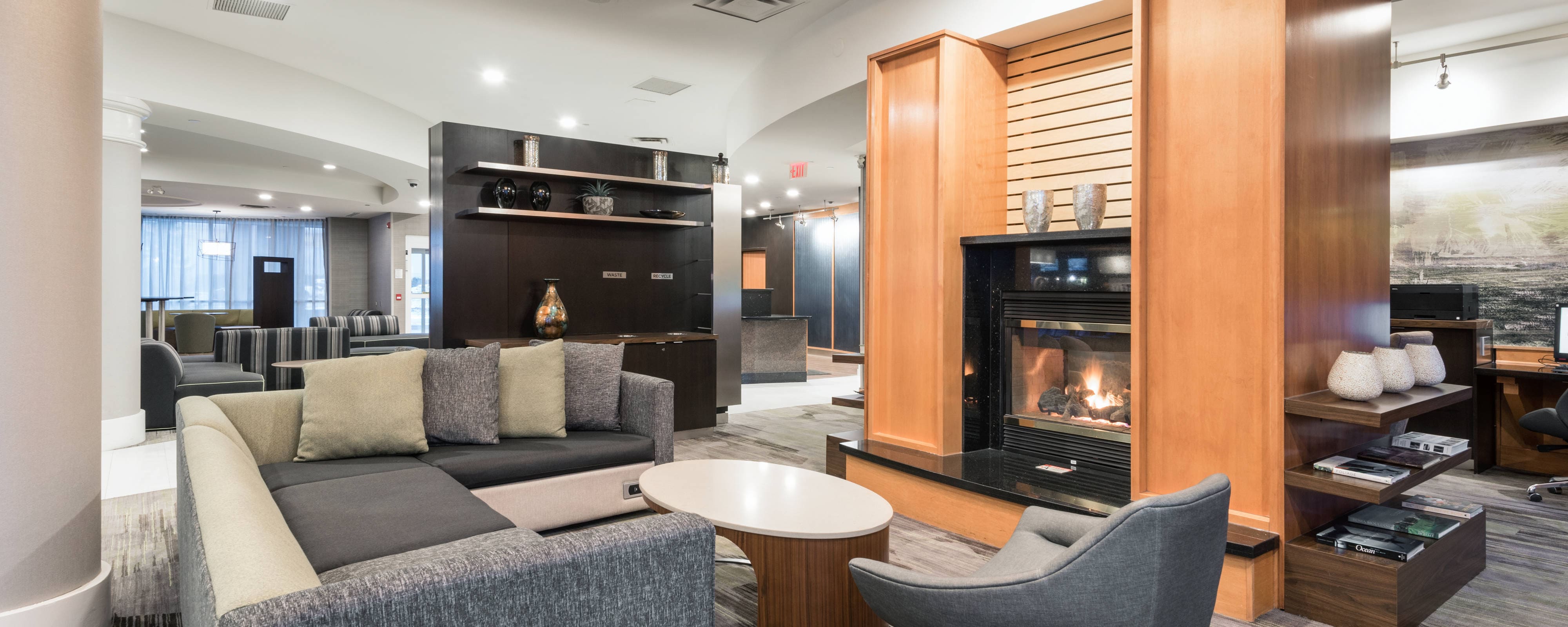
Courtyard by Marriott Toronto Vaughan
150 Interchange Way Toronto, Ontario L4K5P7
Price: $142 CAD per night (last day to book is May 19)
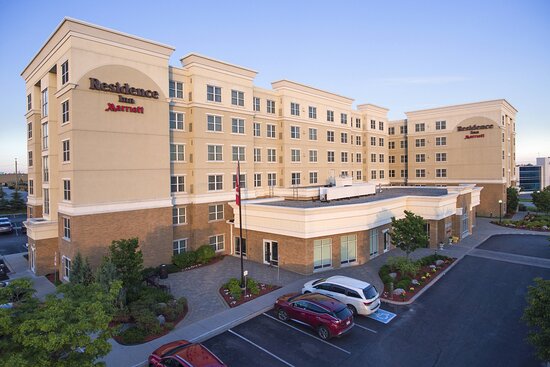
Residence Inn by Marriott
11 Interchange Way, Vaughan, ON L4K 5W3
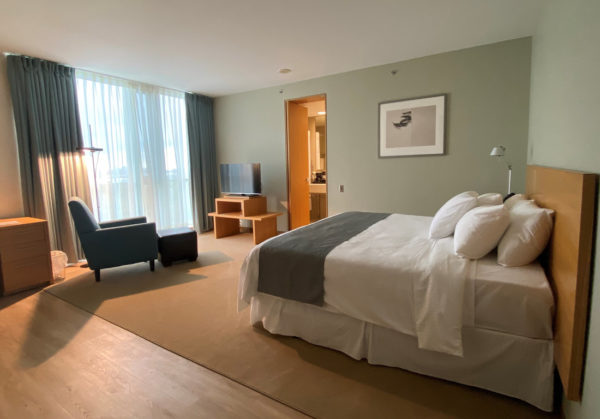
The Executive Learning Centre at the Schulich School of Business
York University, Schulich School of Business, 4700 Keele St, North York, ON M3J 1P3
Things to Do in Toronto
For a more comprehensive overview, visit https://www.destinationtoronto.com
CN Tower
Defining the Toronto skyline at 553.33m (1,815ft5in) the CN Tower is Canada’s most recognizable and celebrated icon. Spectacular views include floor-to-ceiling panoramic Window Walls, world-famous Glass Floor, SkyPod and glass-fronted elevators with glass floor panels.
Royal Ontario Museum
No trip to Toronto is complete without a visit to the Royal Ontario Museum — Canada’s largest museum showcasing art, culture, and nature from around the globe and across the ages.
Art Gallery of Ontario
Located in downtown Toronto, the Art Gallery of Ontario (AGO) is one of the most important art museums in North America. The AGO Collection features more than 100,000 great works of art, from cutting-edge contemporary to classic European masterpieces.
Casa Loma
Constructed in a striking Gothic Revival style, Casa Loma is among Toronto’s most striking and unique architectural landmarks. Initially built in 1911 as a private residence—the largest in Canada at the time—for financier Sir Henry Mill Pellatt, Casa Loma is now a historical museum as well as a popular tourist destination and filming spot for movies and television.
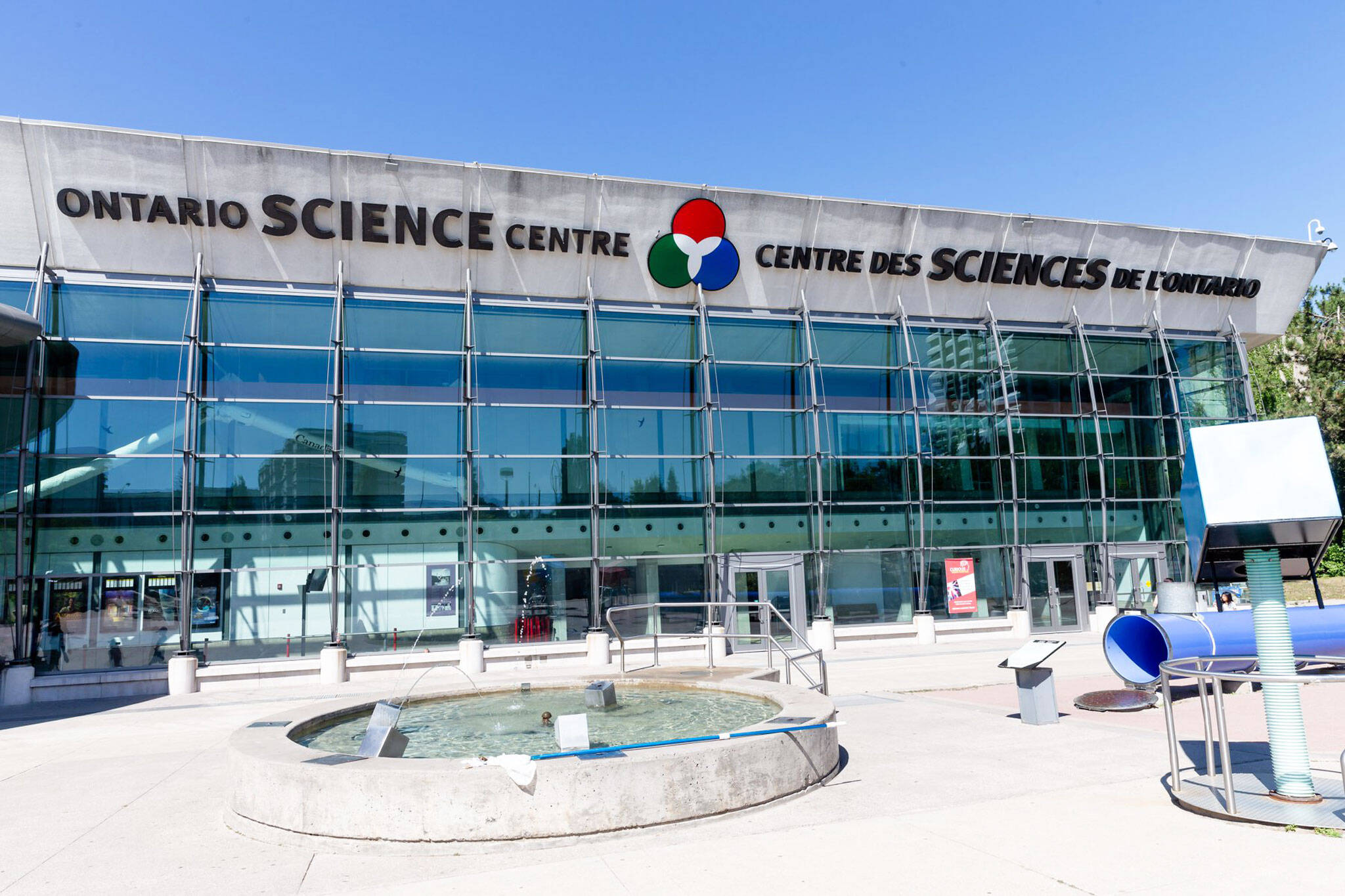
Ontario Science Centre
With over 500 interactive experiences, the Ontario Science Centre is one of Canada’s most famous cultural landmarks. Upon opening its doors, the Ontario Science Centre was a pioneer in its hands-on approach to science. Unlike traditional museums at the time, where exhibits were strictly for viewing only, the Ontario Science Centre promoted interaction and live demonstrations. The Science Centre even has its own amateur radio station since its opening in 1969 and incorporated its very first—and Ontario’s one and only—IMAX Dome theatre in 1996.
Ripley’s Aquarium of Canada
Immerse yourself in a world of 20,000 aquatic animals and discover your own underwater adventure in the heart of downtown Toronto. Ripley’s Aquarium of Canada features North America’s longest underwater viewing tunnel with more than 5.7 million litres of water and over 100 interactive opportunities.
St. Lawrence Market
In the centre of historic Old Town Toronto sits the St. Lawrence Market Complex – three buildings that have served as Toronto’s social centre, City Hall and marketplace throughout the City’s history. Explore the south market building with its restaurants, artisans and specialty food vendors offering visitors the unique and lively atmosphere of an authentic farmers market.
Hockey Hall of Fame
The world’s one and only! Experience the game that defines Canada and a sport that has been adopted by over 70 countries. Spread across 65,000 square feet, the Hall of Fame offers something for everyone.
Papers
Submissions are now closed
Submission Overview
We aim to develop a program that promotes and grapples with the challenges of transdisciplinary teaching and research that is essential to address today’s—and tomorrow’s—wicked problems.
We are welcoming papers, panels, posters, “collabratoriums,” and workshops related to all areas of engineering, but in particular encourage you to consider submissions that speak to the notion of transforming learners to transform our world, including on these sub-themes:
The Learner Journey: Creating Future Engineers for Society
-
Active and Integrated Work Learning
-
Hand’s (Off) Learning – Online and in person
-
Mixed Reality in Engineering Education – Virtual, Augmented Reality, Gamification and more
-
Project Based Engineering Programs – non-traditional program structures
Society and Engagement: Global Technological Stewardship
-
Human Rights
-
Community and Global Engagement
-
Humanitarian and Peace Engineering
-
How the Engineering Profession Portrays itself to Society
Engineers Advancing UN Sustainability Goals
& Canadian Grand Engineering Challenges
-
Integrating SDGs & Grand Challenges into curriculum
-
Innovation in Development – water, energy, climate
-
Innovation in Engineering Design
Shifting the Profession towards Social Good: Innovation for IDDEA (Inclusion, Diversity, Decolonization, Equity, Access) – Do we represent the society we serve?
-
Engaging K-12 in engineering for society
-
Co-curricular & extra-curricular opportunities
-
Undergraduate and Graduate curriculum
-
Decolonization of Engineering Education
We invite submissions in English or French.
Participants will be asked to classify their work into one of two streams (teaching practice or educational research) and one of five different session types. Both streams cover work that relates to teaching, learning, assessment, accreditation, student support, professional development, and other aspects of engineering education.
The differences in the streams are as follows:
Engineering Education Practice:
- Includes accounts of innovations, experiences, and evidence-based practices in engineering education.
Engineering Education Research:
- includes reports of investigations, meta-analyses, and data-informed development of new methods, tools, and frameworks.
All session types are open to both “practice” and “research” streams.
The five different session types are as follows:
Podium Talks:
These are 15 min. (+ 5 minutes Q&A) that aim to present completed work. Papers will be organized into thematic sessions, with typically 4-5 papers presented per session. Podium sessions will be 90-minutes in length. Papers in this session type will be expected to undergo a full peer review.
Lightning Talks:
These sessions include 4-6 brief (6 minutes + nominally 4 minutes Q&A) “lightning talk”- style presentations grouped around a common theme, followed by a longer discussion period that is moderated by the session chair. This session type is ideally suited to works-in-progress, preliminary research findings, or exploratory studies and innovations. Lightning Talk sessions will be 75-minutes in length. Presenters are encouraged to submit a paper for full peer review.
Poster:
Posters will be displayed with an opportunity for interaction between presenters and conference attendees. This session type is ideally suited to the succinct, graphical representations of data and ideas that will encourage conversations. Presenters are encouraged to submit a paper for full peer review.
Panel Discussion:
Panel discussions are designed to facilitate dialogue between panellists from different institutions, different sectors (for example industry and academia) and audience members. The extended abstract for a potential panel discussion should include the names of at least three panellists, a proposed moderator, and an abstract that describes the focus of the panel and a plan for moderating the audience discussion. Each participant will have an opportunity to speak on the topic via a short presentation, and a longer discussion between all panellists and the audience will follow. Panel discussions will be 75-minutes and submissions related to the conference theme are highly encouraged. We also encourage submissions from the CEEA-ACEG Special Interest Groups.
“Collaboratorium” / Unconference:
These sessions will be comprised of three-to-five roundtable sessions happening concurrently in a single room. Each presenter will provide a brief—3 – 4 minutes—overview or prompt around a challenge re:lated to one of the conference sub-themes, and then facilitate a group discussion at the table (16 – 17 minutes); notes will be taken on a whiteboard/easel. At the end of each 20-minute period, participants will switch to another table of their choice. These sessions are ideally suited for projects underway, ongoing educational challenges, or approaches that might be adaptable to other contexts. The goal is for each conversation at a roundtable to be tailored to the goals of the participants at the table. The extended abstract for a “Collaboratorium”/Unconference Session should include an abstract that summarizes the challenge and three to five prompts that will be used to promote discussion. We encourage individual (a single roundtable) and group (three to five complementary roundtable) proposals.
Extended Abstract Submission
All authors, regardless of the stream or requested presentation type, are invited to submit an extended abstract (500 words maximum) via [submission system] by January 7, 2022. All abstracts will be reviewed and evaluated based on how they address the following elements, as appropriate (depending on the stream and session type):
For Podium Talks, Lightning Talks, and Posters:
-
Motivation for the work, with reference to relevant literature
-
Clear conceptual/theoretical framework
-
Comprehensible description of method and methodologies
-
Results/conclusions of interest to the membership
For Panel Discussion and “Collaboratorium”/Unconference Sessions:
-
Clear topic for consideration
-
Clear plan for facilitating discussion among attendees
When authors submit an abstract, they will be asked to indicate their areas of interest and expertise in engineering education for the purpose of abstract and paper review. Abstracts/papers will be assigned based on these areas of interest and expertise. All authors will be asked to indicate whether their abstract is practice or research oriented, and their preferred presentation format. Authors submitting in the Lightning Talk and Poster categories will be asked to indicate whether they intend to participate in the full paper review process.
It is expected that all authors collecting data from human subjects have approval from a university-based ethics review board for their research; an attestation will be required in the final paper submission. All authors will receive an indication of whether their abstract is accepted for the conference by February 19, 2022, and for those submitting papers for peer review, feedback on their abstract that can be used in writing the paper.
Peer-Reviewed Paper Submission
Authors opting to submit a 4-8 page paper for peer review will be required to do so by March 25, 2022. Papers will be reviewed, based on the criteria listed above, and authors will receive feedback on April 15, 2022, with an indication that the paper is accepted as-is, or that revisions are required. Where revisions are required, authors will be asked to submit a revised paper by April 29, 2022. For Authors submitting to the Podium Talks category: if no changes are recommended, or if recommended changes are made, these papers will be marked as “peer reviewed” and will be scheduled for a Podium session.
Authors who elect not to revise their paper will not be scheduled for a Podium session, but may be invited to present in a Lightning Talk or Poster session. All papers and posters will be made available during the conference and will be published in the CEEA-ACEG proceedings after the conference.
Call for Workshops
We invite proposals for workshops covering relevant aspects of teaching and learning in engineering for the CEEA-ACEG 2022 Annual Conference. Workshops are particularly sought around the conference theme of “Transforming Learners to Transform Our World” and the related sub-themes:
-
The learner journey
-
Society and engagement
-
Advancing sustainability
-
The shift to social good
Workshops last 90 minutes and only workshops that prioritize active participant engagement will be considered. Workshop proposals must include:
-
Workshop Facilitators (name, institution, email)
-
2 – 3 specific Learning Objectives
-
Brief overview of participatory learning activities
-
Consideration of how the workshop will be adapted between in-person and online modalities
-
200-word description to be included in conference registration
All regular workshops will be scheduled for Sunday, June 19, 2022. Workshop proposals can be submitted via the website by Friday, February 4, 2022. Please note that there are a limited number of workshop spaces and cannot guarantee acceptance of all submissions. Workshops will be considered based on clarity of learning objectives, interactivity, and relevance to engineering education and the conference themes. Proposals for workshops spanning two or more 90-minute periods will be considered.
Schedule
Changes to your conference registration must be done by admin staff. Please contact [email protected] if you need to make changes to your conference registration (including adding or changing workshops). Thank you.
For more information about Workshops, visit the Registration section
Full Event Schedule:
View Institute descriptions here: https://ceea.ca/wp-content/uploads/2022/04/Institute-Descriptions-2022.pdf
View K-12 Stream Session info here: https://ceea.ca/wp-content/uploads/2022/04/CEEA-June-18-2022-Program-Schedule-k2i-academy.pdf
View CEEA-ACÉG Sunday workshop schedule and descriptions here: https://ceea.ca/wp-content/uploads/2022/04/CEEA-2022-Sunday-Workshop-Series_SP.pdf
Please contact [email protected] if you need to make changes to your conference registration (including adding or changing workshops). Thank you.
The Learner Journey
Creating Future Engineers for Society
- Active and Integrated Work
- LearningHand’s (Off) Learning – Online and in person
- Mixed Reality in Engineering Education – Virtual, Augmented Reality, Gamification and more
- Project Based Engineering Programs – non-traditional program structures
Society and engagement
Global Technological Stewardship
- Human Rights
- Community and Global Engagement
- Humanitarian and Peace Engineering
- How the Engineering Profession Portrays itself to Society
Advancing Sustainability
Engineers Advancing UN Sustainability Goals & Canadian Grand Engineering Challenges
- Integrating SDGs & Grand Challenges into curriculum
- Innovation in Development – water, energy, climate
- Innovation in Engineering Design
Shift to Social Good
Innovation for Access Equity, Diversity, and Inclusivity – Do we represent the society we serve?
- Engaging K-12 in engineering for society
- Co-curricula & extra-curricula opportunities
Speakers
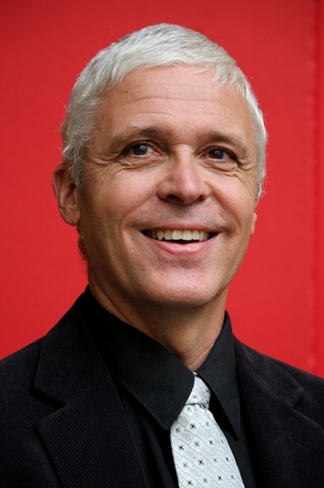
Randy Hermann, P.Eng.
University of Manitoba
KEYNOTE SPEAKER: Randy Herrmann, P.Eng., Randy is the Director of the Engineering Access Program (ENGAP) at the University of Manitoba. ENGAP is a support program designed to assist First Nation, Métis and Inuit students seeking an engineering degree. He graduated from the University of Manitoba in 1988 with a Bachelor of Science Degree in Geological Engineering. For ten years he worked as a geotechnical engineer and a project manager before taking on his current role.
Over the years Randy’s work with Canadian Indigenous communities and within the engineering field has shown him the lack of engineers of First Nation, Metis, and Inuit ancestry and the obstacles faced by these students to obtain a degree. His desire to help change these factors and make it easier for Indigenous students to pursue an engineering degree led him to become Director of ENGAP, a position he has held since 1998.
He is a Fellow of Engineers Canada, and a member of the Canadian Academy of Engineering. He is also a member of Engineers Geoscientists Manitoba and the Manitoba Metis community.
Sponsors
Sponsorship Packages
Interested in sponsoring the conference? Contact us at [email protected]
Bronze
- Featured on CEEA Conference Website
- Acknowledgement at the event
Silver
All benefits of Bronze plus…
- Featured in Lassonde social media during the event (Twitter, Facebook, LinkedIn)
- Featured in Opening Session of the Conference
- Featured in Closing Session of the Conference
- Featured in post-event article
- Lightning and Podium talk « Brought to you by » acknowledgement
Gold
All benefits of Bronze and Silver plus…
- Logo included in handout conference material
- Logo included on CEEA Conference website
- Logo represented on keynote opening PowerPoint slide deck
- Keynote speaker « Brought to you by » acknowledgement
- Workshop « Brough to you by » acknowledgement
- Booth available to display and distribute materials, and talk to conference delegates
- Opening reception sponsor « Presented by »
Gold Sponsors
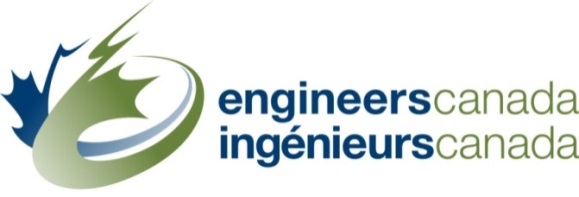
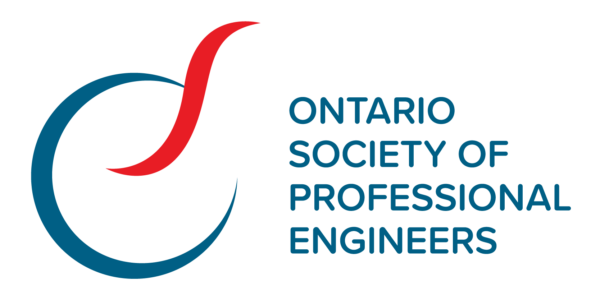
Committee
Questions? Email us
More information including speakers, schedule, and registration details are coming soon.
[email protected]
Organizing Committee:
Conference Chair: Chair: Jeff Harris (York)
Logistics & Finance Chair: Salvatore Paneduro (York)
Technical Co-chairs: John Gales (York), Deborah Tihanyi (Toronto)
Workshops Chair: Stephen Mattucci (Guelph)
Student Program Chair: Roger Carrick (York)
K-12 Education Program Chair: Michelle Tsui-Woods (York)
CEEA-ACEG Board Representative: Peter Ostafichuk (UBC-V)
Member-at-Large: Sean Maw (Saskatchewan)
Member-at-Large: François Rivest (Polytechnique Montréal)
Technical Committee:
Co-chairs: John Gales and Deborah Tihanyi
Members: Jeff Harris, Stephen Matticcui, Jillian Seniuk Cicek, Renato Bezerra Rodrigues







